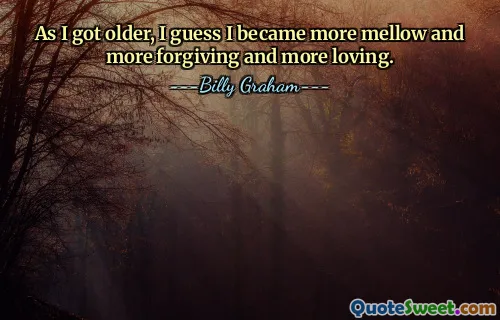, she told herself. Also, she had made a promise to herself that she intended on keeping. She was never going to go out with another writer: no matter how charming, sensitive, inventive or fun they could be. They weren't worth it in the long run. They were emotionally too expensive and the upkeep was complicated. They were like having a vacuum cleaner around the house that broke all the time and only Einstein could fix it. She wanted her next lover to be a broom.
In the narrative from "Fallout" by Richard Brautigan, the protagonist reflects on her vow to avoid dating writers. She recognizes their allure but concludes they are ultimately not worth the emotional investment, feeling that their complexities make relationships burdensome. The metaphor she uses likens emotionally taxing writers to a malfunctioning vacuum cleaner, suggesting that while they might have their moments of brilliance, they require significant maintenance and effort that she no longer wishes to commit to. Instead, she aspires for a simpler kind of love, likening her ideal partner to a broom. This implied preference for a straightforward, low-maintenance relationship indicates her desire for stability and ease rather than the tumult that often accompanies passionate and creative spirits. Through this comparison, the protagonist seeks clarity and satisfaction in her personal life, contrasting the chaos found in romantic engagements with writers.
"she told herself."
Additionally, she had made a promise to herself that she intended on keeping. She was never going to go out with another writer: no matter how charming, sensitive, inventive, or fun they could be. They weren't worth it in the long run. They were emotionally too expensive and the upkeep was complicated. They were like having a vacuum cleaner around the house that broke all the time and only Einstein could fix it. She wanted her next lover to be a broom.


